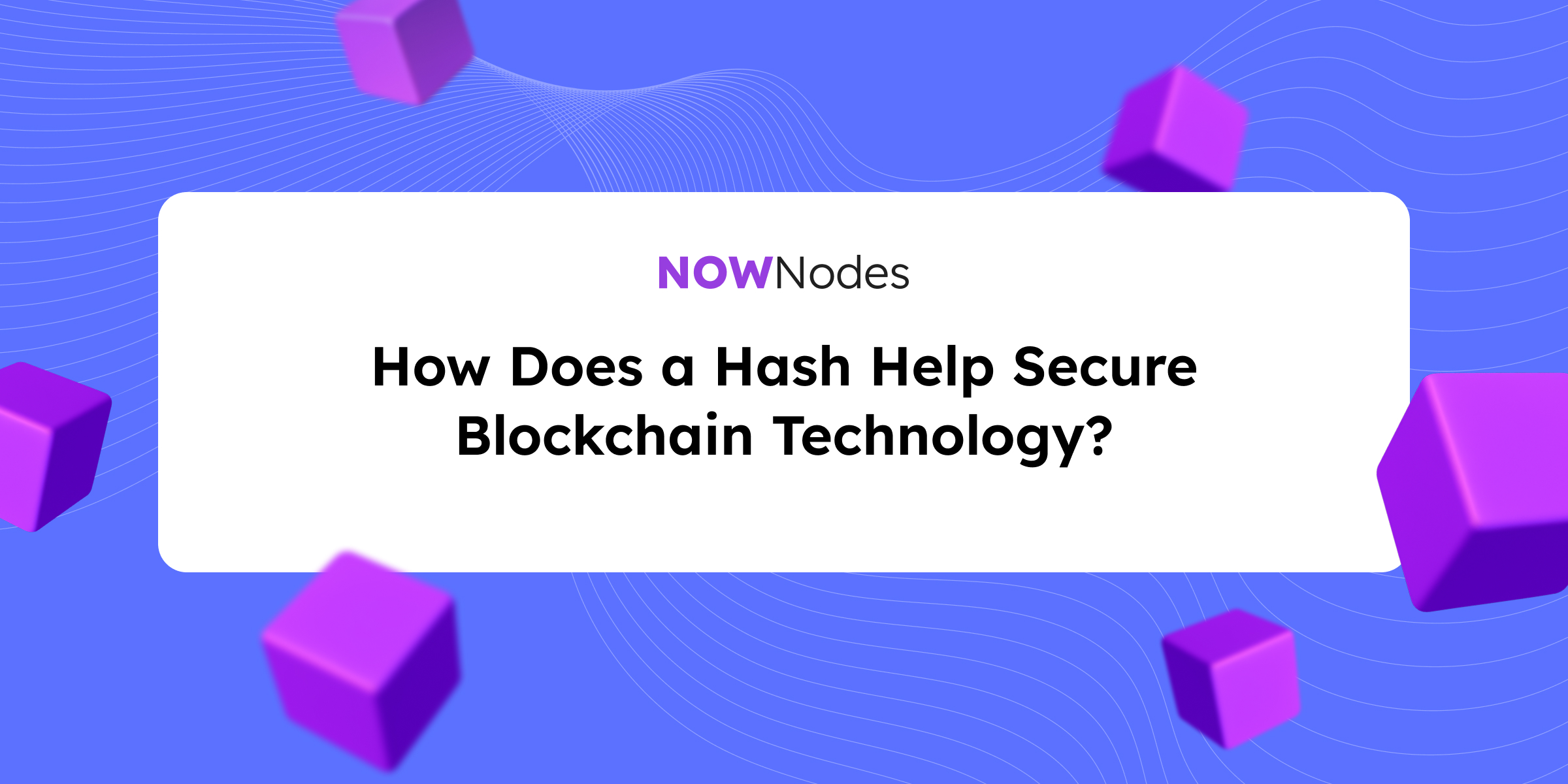Developers and analysts value blockchain for its secure design, decentralized structure, and strong protection against tampering. But what exactly makes it so dependable? One of the key answers lies in a simple yet powerful concept: the hash. If you’re trying to understand how does a hash help secure blockchain technology, it’s important to grasp not just how hashes work — but why they’re so effective in protecting data across decentralized networks. Let’s break it down in plain terms.
What Is a Hash?
A hash is a unique string of characters that is generated from any set of digital data — whether it’s a sentence, a file, or an entire block of transactions. Think of it like a digital fingerprint: it represents the data, but doesn’t reveal its contents. Even the smallest change in the original data results in a completely different hash.
This one-way function (you can go from data to hash, but not back) is at the heart of how blockchains keep data reliable.
How Does a Hash Help Secure Blockchain Technology?
Here’s how hashes act as a built-in security mechanism in blockchain systems:
1. Connecting Blocks Through Hashes
In any blockchain, every block includes not just its own data, but also the hash of the previous block. This creates a chain — hence the name — where each block depends on the one before it. If someone tries to change the data in a previous block, the hash changes, and the entire chain is broken from that point on. That’s why blockchains are considered tamper-proof.
2. Making Attacks Nearly Impossible
Altering one block means re-calculating the hashes for all blocks that come after it — and doing this across the entire distributed network. In blockchains like Bitcoin, this also means redoing the Proof-of-Work for each block. The effort and energy required make it practically impossible to cheat the system.
3. Quick and Reliable Validation
Instead of comparing every piece of data, nodes in the network can simply check hashes to confirm that data hasn’t been altered. This makes validation fast and efficient, even in large networks with thousands of transactions happening every minute.
4. Supporting Consensus
In systems like Bitcoin and Ethereum, hashes are used as part of the process to agree on the current state of the network. Miners and validators use hashes to reach consensus and confirm which version of the blockchain is correct.
Making Hash-Based Security Accessible: The Role of NOWNodes
Knowing how blockchain security works is useful. But building secure applications that rely on blockchain data can be complex — especially if you need access to multiple blockchains or real-time hash data.
That’s where NOWNodes comes in.
NOWNodes provides developers and businesses with instant access to full archive and backed up blockchain nodes via API. Instead of setting up and maintaining your own node, you can use NOWNodes to connect directly to over 110 blockchains.
What NOWNodes Offers:
- No infrastructure setup — Skip running your own nodes; NOWNodes takes care of the heavy lifting.
- Secure API connection — All data travels over encrypted channels, ensuring safe communication.
- Support for major networks — Bitcoin, Ethereum, Litecoin, BNB Chain, and many others — all in one place. And also NOWNodes is only provider for networks like: Monero, eCash, NANO and etc.
- 24/7 support — NOWNodes doe not have Layer1 support – your request will be immediately handled by a person from the technical team, so that you receive help much faster! Support team using a unique monitoring system where they can monitory all blockchain updates, downtimes, node degradation.
Whether you’re building a wallet, an explorer, or an analytics platform, NOWNodes gives you the tools to work with blockchain hashes securely and efficiently.
Conclusion
So, how does a hash help secure blockchain technology? It makes the system honest. Hashes lock each block to the next, prevent data from being secretly changed, and give the network a fast and reliable way to check that everything is in order. They’re not just technical details — they’re the reason blockchain works.
And with RPC Providers like NOWNodes, you don’t have to build everything from scratch. You can plug into the core of blockchain security — and focus on building products that matter.



